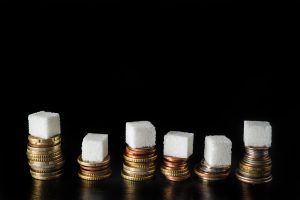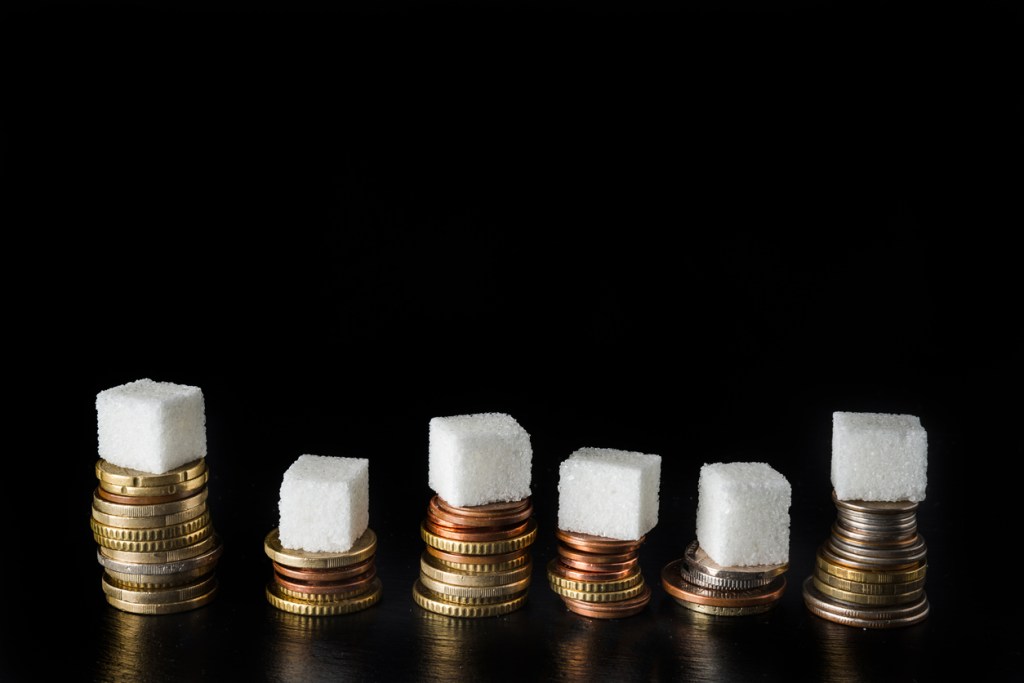
There have been renewed calls for the Australian federal government to introduce a sugar tax of up to 20 per cent on soft drinks.
34 of Australia’s leading health organisations have proposed the tax, part of a strategy to tackle obesity.
The proposal also includes a ban on unhealthy food advertising on free-to-air television during prime time.
Obesity Policy Coalition executive manager Jane Martin said the issue was an urgent one.
“We have a generation of children that could die younger than their parents,” she said.
Australasian Association of Convenience Stores (AACS) conducted research in late 2016 that showed the majority of those surveyed, believed a sugar tax would be ineffective.
AACS CEO Jeff Rogut said the results demonstrated Australian’s disagree with the proposed sugar tax.
“…Australians don’t believe that introducing a sugar tax will impact consumer behaviour, nor health outcomes. Most are opposed to a sugar tax because it will pressure their budgets, and threaten jobs and industries,” he said.
“This research ultimately shows that voters don’t believe a sugar tax will work and that there are other more effective strategies that Government could and should adopt to tackle obesity.”
Australian Prime minister Malcolm Turnbull told the channel Nine Network that a tax wasn’t the solution to the problem.
“I think we have enough taxes and there are enough imposts on us all when we go to the supermarket and we go shopping,” he said.
“The other thing is too where do you draw the line? There is a lot of sugar in a bottle of orange juice, are you going to put a tax on that?”
The groups calling for the sugar tax have estimated that 63 per cent of adults and 27 per cent of kids are either overweight or obese in Australia.
Mr Turnbull said the best way to approach the issue was to focus on peoples eating habits and their consequences.
“Labelling is very important, health messages through the media,…but also exercise. Get up and walk,” he said.

